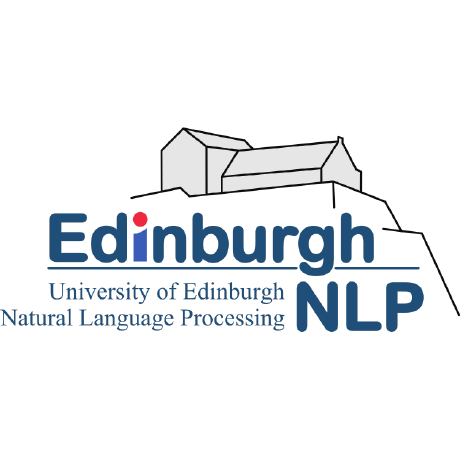Discover and explore top open-source AI tools and projects—updated daily.
lm-polygraph by  IINemo
IINemo
Framework for uncertainty estimation in LLM text generation
Top 67.9% on SourcePulse
LM-Polygraph provides a comprehensive Python framework for evaluating uncertainty estimation (UE) methods in Large Language Models (LLMs) for text generation. It aims to make LLM applications safer by identifying potential hallucinations through confidence scores, targeting researchers and developers working with LLMs.
How It Works
The framework supports "white-box" (full model access), "grey-box" (access to token probabilities via logprobs), and "black-box" (API-based) model interactions. It implements a wide array of state-of-the-art UE techniques, categorized into information-based, meaning diversity, ensembling, and density-based methods. This flexible architecture allows for consistent benchmarking and integration with various LLM architectures and APIs.
Quick Start & Requirements
- Installation:
- From PyPI:
pip install lm-polygraph - From GitHub (for notebooks/benchmarks):
git clone ... && cd lm-polygraph && pip install .(checkout to a stable release tag recommended).
- From PyPI:
- Prerequisites: Python 3, Hugging Face Transformers. GPU with CUDA is recommended for performance. OpenAI-compatible endpoints require setting
OPENAI_BASE_URLandOPENAI_API_KEY. - Resources: Demo application can be run via Docker. GPU memory requirements depend on the LLM used.
- Links: Basic Usage, Demo Web Application, Documentation
Highlighted Details
- Supports over 30 uncertainty estimation methods, including novel approaches like LUQ and Kernel Language Entropy.
- Includes an extendable benchmark for consistent evaluation of UE techniques.
- Offers a demo web application that integrates confidence scores into chat dialogues.
- Compatible with Hugging Face models (e.g., BLOOMz, LLaMA-2) and OpenAI APIs (e.g., GPT-3.5-turbo, GPT-4).
Maintenance & Community
The project is associated with EMNLP 2023 and has recent arXiv publications, indicating active development. Links to community channels are not explicitly provided in the README.
Licensing & Compatibility
The project appears to be under a permissive license, likely MIT or Apache, based on common open-source practices, but a specific license is not explicitly stated in the README. This suggests good compatibility for commercial use and integration into closed-source projects.
Limitations & Caveats
The README notes that code from the main branch may be unstable. Some UE methods require training data, and certain demo applications might require Colab Pro for larger models due to memory constraints.
1 day ago
1 day

 smartyfh
smartyfh chen700564
chen700564 jxzhangjhu
jxzhangjhu aws
aws jlko
jlko google-deepmind
google-deepmind IBM
IBM HowieHwong
HowieHwong potsawee
potsawee EdinburghNLP
EdinburghNLP cvs-health
cvs-health dcai-course
dcai-course